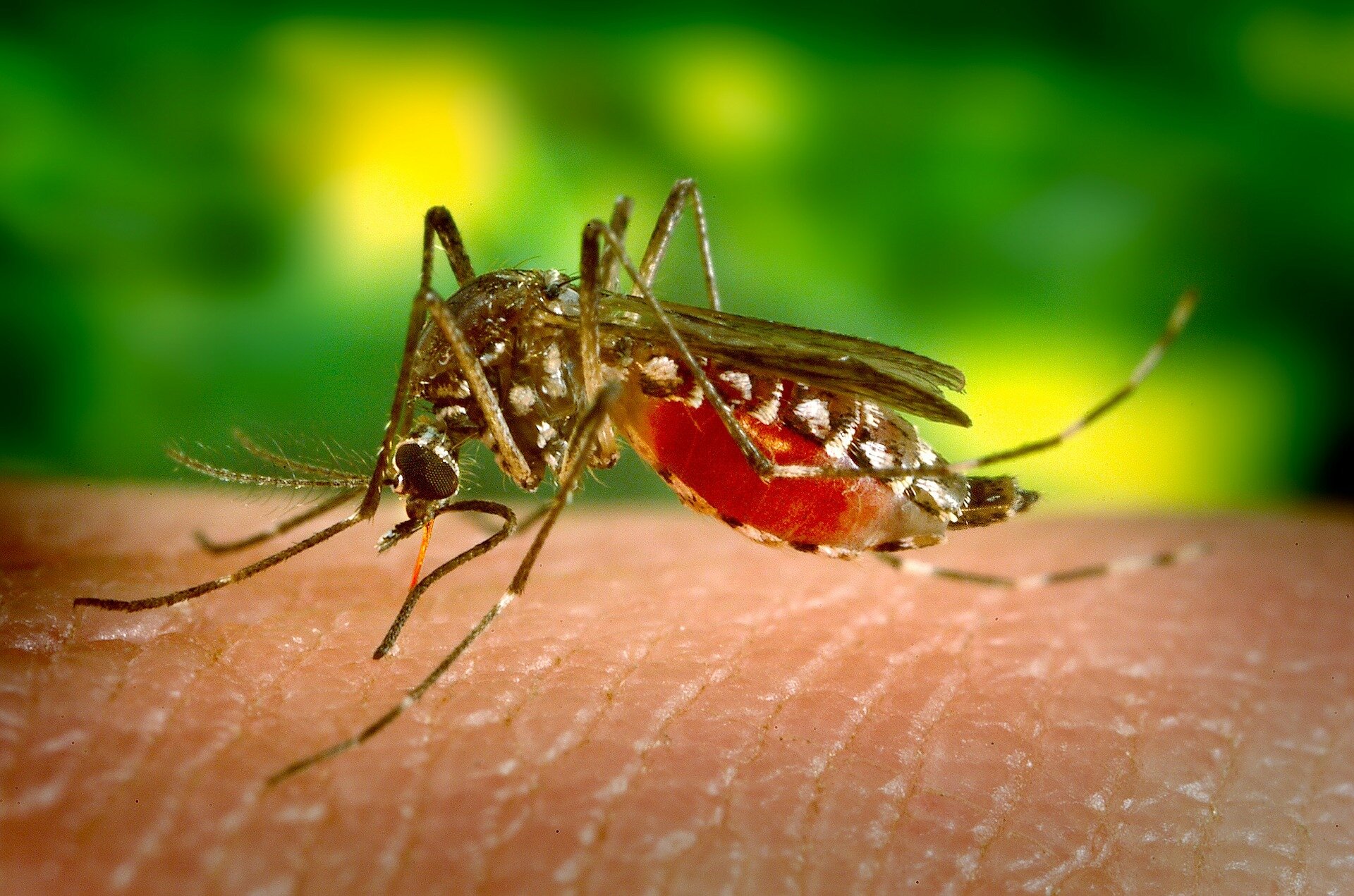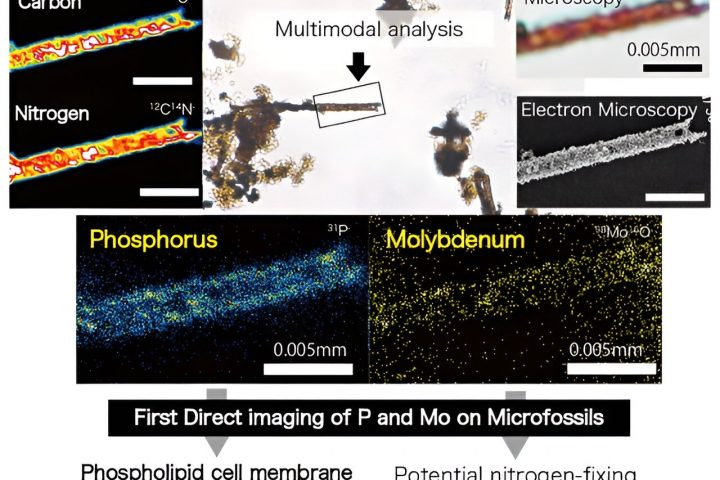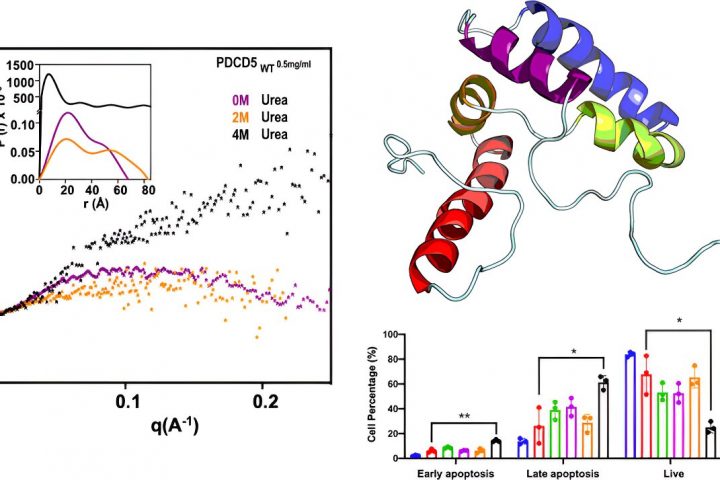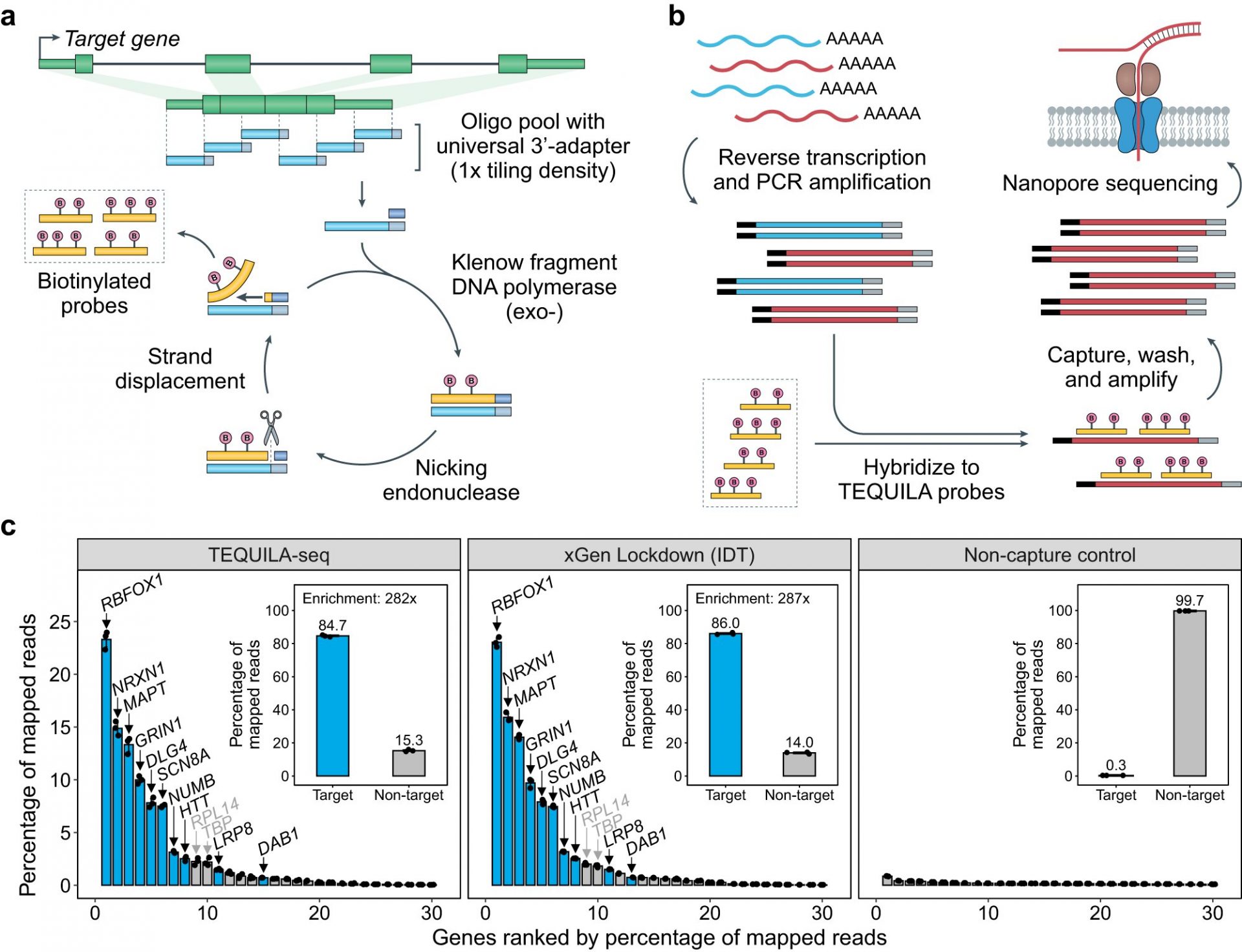New Cleveland Clinic research reveals the cunning tactics employed by mosquito-transmitted viruses such as Zika, West Nile, Yellow Fever, and dengue. These viruses exploit host cells to further their own replication and infection. The groundbreaking study, published in Cell Host and Microbe, offers hope for the development of new treatments for flaviviruses, a group of viruses that currently have limited or no effective treatments available.
“Our findings bring us one step closer to understanding and treating currently untreatable mosquito-transmitted pathogens, which are an ever-increasing threat to global human populations,” says Dr. Gack. “Our commitment to studying viral pathogens and host enzymes in novel ways may ultimately help us develop new, effective treatments to prevent future threats to human health.”
Dr. Gack is a renowned expert and core member of the Sheikha Fatima bint Mubarak Global Center for Pathogen & Human Health Research, an institution dedicated to preventing and protecting against public health outbreaks before they occur.
A hostile takeover by the virus
Viruses cannot survive on their own. Although they possess their own genetic material, they lack the necessary genes and factors to sustain themselves and reproduce. This is why viruses infect hosts – they hijack mammalian cells and transform them into virus-producing factories.
For instance, the Zika virus seizes control of various proteins within the host cell to facilitate its replication. Humans possess numerous enzymes that “tag” proteins with other molecules, enabling them to function correctly. Since the Zika virus lacks certain molecules essential for its reproduction, it has evolved to exploit a human enzyme called KAT5γ (an acetyltransferase), which assists the virus in amplifying its RNA genome in viral replication complexes.
Treating the untreatable
The discovery of KAT5γ’s crucial role in flavivirus replication represents a significant breakthrough in the quest to develop inhibitory molecules that can halt viral replication and treat infections.
“Viruses mutate rapidly, which can lead to antiviral drug resistance. However, human proteins do not change as quickly,” explains Dr. Cindy Chiang, the study’s second author. “Targeting the host’s KAT5γ protein should prove more effective in the long run for treating these viruses.”
The study’s findings suggest that the development of drugs targeting the human KAT5γ enzyme could potentially combat not only Zika but also other mosquito-transmitted flaviviruses.
,,,








